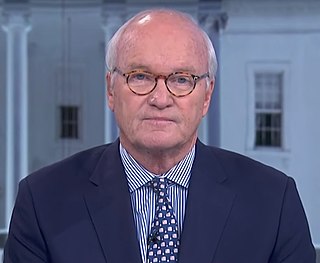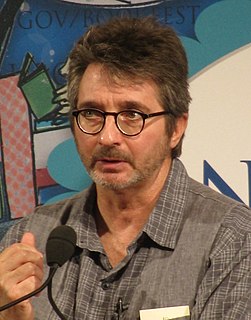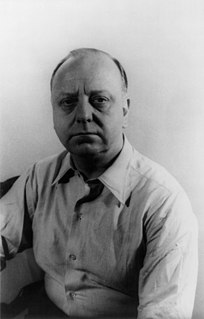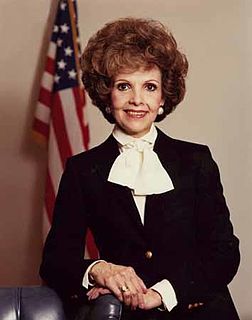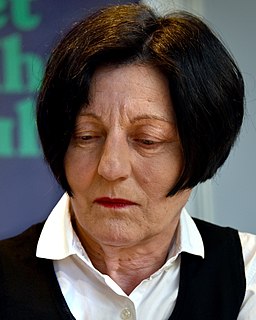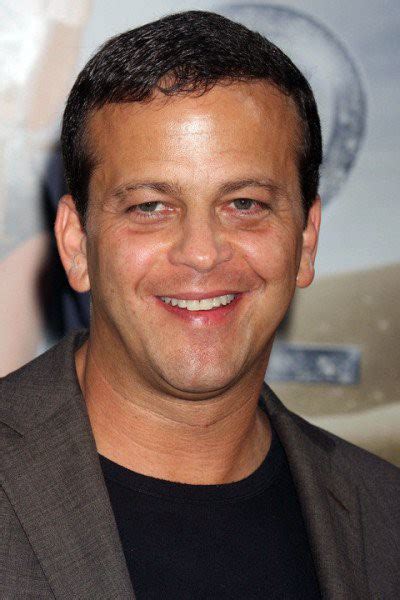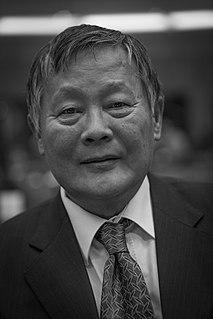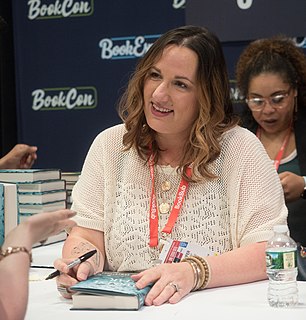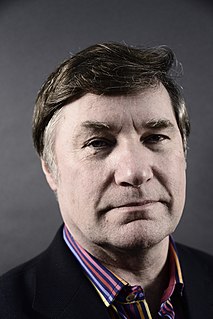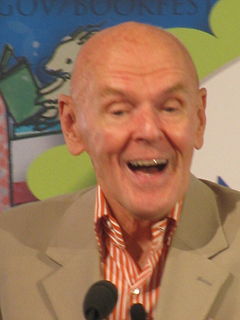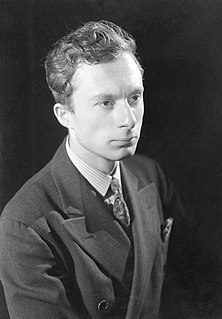Top 1200 Writing History Quotes & Sayings - Page 6
Explore popular Writing History quotes.
Last updated on April 21, 2025.
When you're writing - when I'm writing anyway - I'm writing out of different kinds of preoccupations and obsessions, different forms of drivenness, and so you're really hostage those while writing. I am, anyway. And it's only when you finally take the finished thing out of the furnace that you see what it was that went into the making of the thing.
Writing is writing to me. I'm incapable of saying no to any writing job, so I've done everything - historical fiction, myths, fairy tales, anything that anybody expresses any interest in me writing, I'll write. It's the same reason I used to read as a child: I like going somewhere else and being someone else.
Film writing and concert writing are two very different things. In film writing I am serving the film and it tells you what to write. I have to stay within the parameters of the film. In writing concert music for the stage I can write anything I want and in this day and modern age rules can be broken.
The Greeks really believed in history. They believed that the past had consequences and that you might be punished for the sins of your father. America, and particularly New York, runs on the idea that history doesn't matter. There is no history. There is only the never-ending present. You don't even have your family because you moved here to get away from them, so even that idea of personal history has been cut at the knees.
The process of writing fiction is totally unconscious. It comes from what you are learning, as you live, from within. For me, all writing is a process of discovery. We are looking for the meaning of life. No matter where you are, there are conflicts and dramas everywhere. It is the process of what it means to be a human being; how you react and are reacted upon, these inward and outer pressures. If you are writing with a direct cause in mind, you are writing propaganda. It's fatal for a fiction writer.
September 11 We thought we'd outdistanced history Told our children it was nowhere near; Even when history struck Columbine, It didn't happen here. We took down the maps in the classroom, And when they were safely furled, We told the young what they wanted to hear, That they were immune from a menacing world. But history isn't a folded-up map, Or an unread textbook tome; Now we know history's a fireman's child Waiting at home alone.
I hate writing. I so intensely hate writing - I cannot tell you how much. The moment I am at the end of one project I have the idea that I didn't really succeed in telling what I wanted to tell, that I need a new project - it's an absolute nightmare. But my whole economy of writing is in fact based on an obsessional ritual to avoid the actual act of writing.
It was not a choice of writing or not writing. It was a choice of loving my life or not loving my life. To keep writing was always a first priority.... I worked probably 25 years by myself.... Just writing and working, not trying to publish much. Not giving readings. A longer time than people really are willing to commit before they want to go public.





